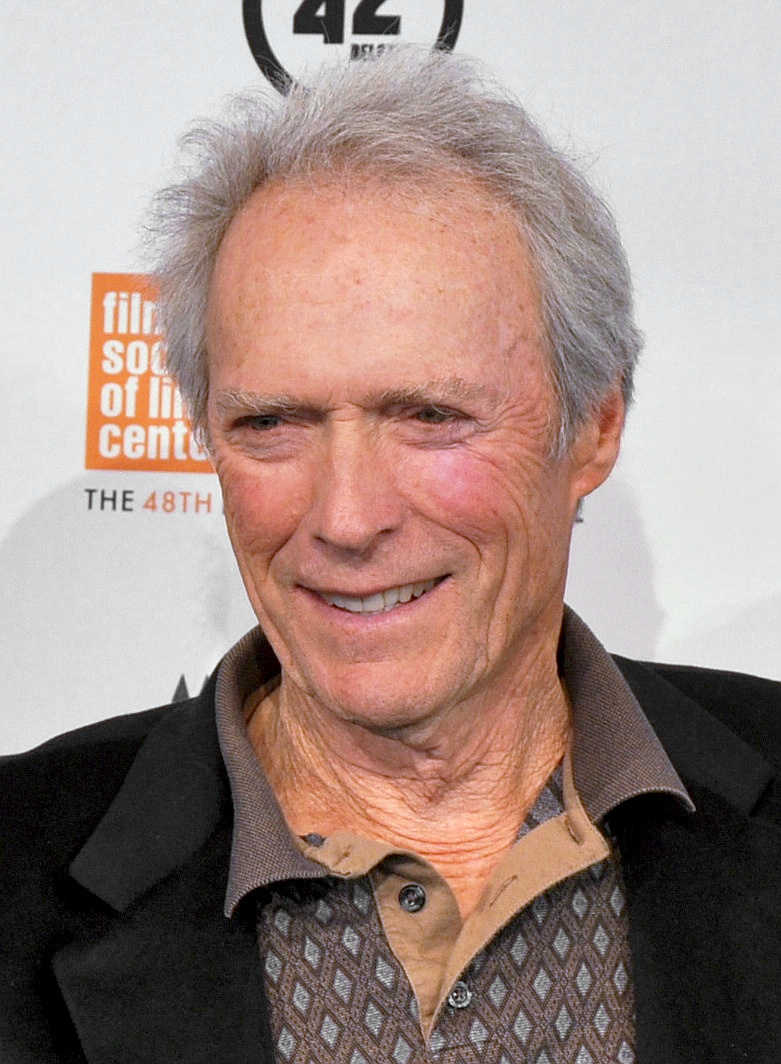The Amazing Profession of Clint Eastwood

In the vast landscape of Hollywood, where icons rise and fall with the tides of time, Clint Eastwood stands as an enduring colossus, his career spanning over six decades. Beyond the tough exterior and piercing gaze, Eastwood has crafted an indelible legacy as an actor, director, producer, and composer. This article explores the multifaceted career of Clint Eastwood, delving into the various dimensions that make his profession truly amazing.
Early Years and Acting Career:
Born on May 31, 1930, in San Francisco, California, Clint Eastwood’s journey in the entertainment industry began with modest aspirations. After serving in the U.S. Army, he found his way into Hollywood, initially landing small roles in B-movies and television shows. It wasn’t until his breakthrough role as Rowdy Yates in the television series “Rawhide” (1959–1965) that Eastwood started to catch the industry’s attention.
Eastwood’s acting career reached new heights with the “Dollars Trilogy” directed by Sergio Leone, which includes iconic films like “A Fistful of Dollars” (1964), “For a Few Dollars More” (1965), and “The Good, the Bad and the Ugly” (1966). These spaghetti westerns solidified Eastwood’s status as a charismatic and unconventional leading man.
Transition to Directorial Prowess:
As the 1970s dawned, Clint Eastwood’s passion for filmmaking expanded beyond acting. Seizing the opportunity, he transitioned to directing, embarking on a path that would redefine his career. His directorial debut, “Play Misty for Me” (1971), showcased his ability to craft suspenseful narratives. This venture marked the beginning of Eastwood’s reputation as a meticulous and innovative filmmaker.
In the years that followed, Eastwood directed a series of critically acclaimed films, including “High Plains Drifter” (1973), “The Outlaw Josey Wales” (1976), and “Unforgiven” (1992). The latter, a gritty revisionist western, earned Eastwood four Academy Awards, including Best Director and Best Picture, solidifying his standing as a cinematic force to be reckoned with.
Versatility Across Genres:
What makes Clint Eastwood’s profession truly amazing is his versatility. He effortlessly transitioned between genres, exploring diverse themes and characters. From westerns to crime dramas, from war films to heartfelt dramas, Eastwood’s filmography spans a remarkable range.
In the early 2000s, Eastwood directed a series of films that showcased his versatility. “Mystic River” (2003) delved into the complexities of human relationships, earning two Academy Awards. “Million Dollar Baby” (2004), another directorial triumph, won four Oscars, including Best Picture and Best Director. These films demonstrated Eastwood’s ability to tackle profound and emotionally charged narratives.
Social and Political Impact:
Clint Eastwood’s profession is not just about entertainment; it also reflects his engagement with social and political issues. His film “Gran Torino” (2008) addressed themes of racism and urban decay, sparking discussions about societal divisions. “American Sniper” (2014) explored the psychological toll of war, offering a nuanced portrayal of a Navy SEAL sniper.
In addition to his films, Eastwood’s foray into politics is noteworthy. He served as the Mayor of Carmel-by-the-Sea, California, from 1986 to 1988. His unique blend of Hollywood charisma and political acumen provided a fresh perspective, showcasing the convergence of entertainment and civic responsibility.
Late-Career Achievements:
As many artists contemplate retirement, Clint Eastwood continues to defy age and expectations. In the latter part of his career, he directed films like “Sully” (2016) and “The 15:17 to Paris” (2018), further illustrating his ability to craft compelling narratives from real-life events.
Eastwood’s commitment to storytelling remains unwavering. “Richard Jewell” (2019), a drama centered around the 1996 Atlanta Olympics bombing, exemplifies his dedication to exploring stories that resonate with contemporary issues. At an age when most would consider slowing down, Eastwood continues to leave an indelible mark on the cinematic landscape.
Legacy and Impact:
Clint Eastwood’s amazing profession extends beyond his individual achievements; it has left an enduring impact on the film industry itself. His influence on the western genre, the evolution of the anti-hero archetype, and his innovative approach to storytelling have shaped the cinematic landscape for generations.
Eastwood’s legacy is not just confined to the silver screen. As a director, actor, and producer, he has paved the way for a new breed of filmmakers who prioritize substance over style. His ability to connect with audiences on a profound level, coupled with his dedication to authenticity, has set a standard for excellence in the film industry.
Conclusion:
Clint Eastwood‘s profession is a tapestry woven with threads of resilience, innovation, and unwavering passion. From his early days as a TV actor to his current status as an iconic director, Eastwood’s journey is a testament to the transformative power of dedication and artistic vision. His ability to seamlessly navigate between acting and directing, coupled with his impact on societal discourse through film, makes Clint Eastwood a true luminary in the world of entertainment. As the cinematic maestro continues to captivate audiences with his unparalleled storytelling, one can’t help but marvel at the amazing profession that is Clint Eastwood’s enduring legacy.






